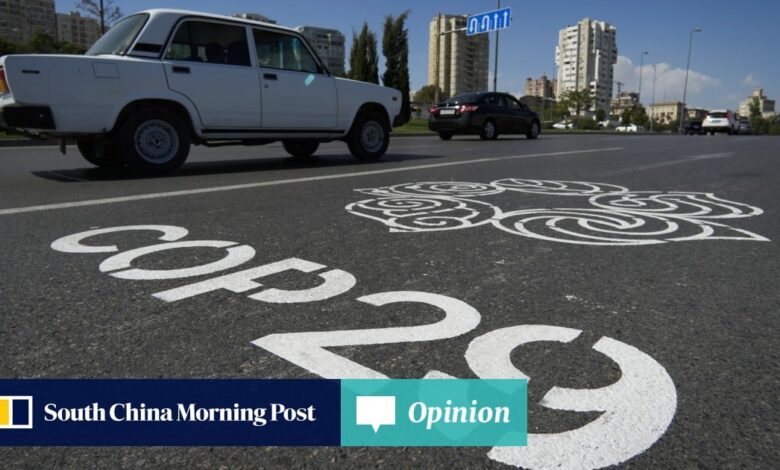New Business
Macroscope | Are governments finally getting serious about climate finance?


Who exactly is in charge of the battle against climate change? Anyone asking is likely to get the answer: “good question”. The fact is, no one is really in charge of dealing with this existential threat. While there is a dawning realisation of this leadership gap, filling it is another matter.
Pledges made at the Cop29 meeting in Baku, Azerbaijan, last week to scale up climate finance miss the point. The issue is not just about commitments to aid but how governments direct private savings into the fight. That is a more contentious area altogether.
Political leaders and government officials at both Cop29 and the Group of 20 summit in Rio de Janeiro, Brazil, made what now seem like ritual pledges to scale up climate financing “from billions to trillions” of dollars. But exactly whose money are they talking about?
These are not sums taxpayers can be expected to pay and governments in general are already up to their necks in debt. The money has to come largely from private savings. However, as financial markets are not keen on perceived risky assets, some state direction of funds may be inevitable. China, for one, has lessons to teach in this regard.
Such direction may ultimately prove the only way of securing financial resources on the scale needed. For example, among market economies, Britain is one of those at the front with a plan to direct state pension funds into capital investment that includes climate projects.
According to the Financial Times, UK Chancellor Rachel Reeves has unveiled “plans to boost Britain’s investment in productive assets with capital from the country’s vast pension funds”. Estimated at around £3 trillion (US$3.8 trillion) in assets, Britain’s “retirement pot” is one of the world’s largest.
Source link



